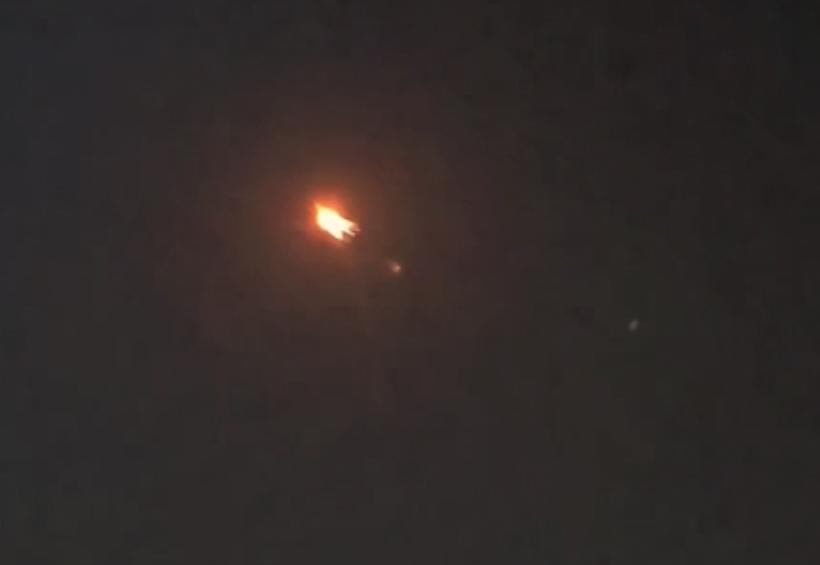On Monday, President Donald Trump revealed that Israel and Iran have reached an agreement for a ceasefire, temporarily halting a 12-day exchange of missile attacks that had raised alarms about potential destabilization in the Middle East. Trump shared the news on Truth Social, stating that both countries would implement a “Complete and Total CEASEFIRE” within 24 hours. He offered no specifics about the terms of the agreement but emphasized his hope for continued peace between the nations.
“Hardly any damage was done,” Trump claimed, noting that while 13 of the missiles launched by Iran were intercepted, one managed to reach its target without much impact. He acknowledged Iran’s advance warning of missile strikes, thanking them for the notification and expressing optimism over future relations.
The Department of Defense confirmed that Al Udeid Air Force Base was targeted by multiple missiles, but initial reports indicate no casualties. In a related development, Bahrain’s Interior Ministry closed the nation’s airspace and advised its citizens to avoid main thoroughfares following the activation of air raid sirens.
Iran publicly claimed responsibility for the missile attacks, referring to them as a “mighty and successful response” to U.S. military actions. The Iranian Supreme National Security Council minimized the risk posed to Qatar, confirming that advance warning was given to Qatari officials. In response, the Qatari government reported that its air defenses successfully intercepted the incoming missiles.
In further reports, Iran’s missile strikes also targeted Ain al-Assad Air Force Base in Iraq, though U.S. military sources indicated that this base was not directly struck. Videos shared on social media appeared to show flight trajectories over Qatari airspace. The Qatari Foreign Ministry announced a temporary airspace closure as a precaution for safety.
Tensions extended to U.S. cities as well, with Miami briefly halting its Metrorail service due to a report of a suspicious package. The evacuation was swiftly implemented, and service resumed shortly thereafter.
The Israeli military, meanwhile, claimed responsibility for targeting routes leading to Iran’s underground Fordow nuclear facility, stating the attacks aimed to obstruct access to the highly secured site. Israel’s defense efforts also included strikes on key Tehran locations such as Evin Prison, known for housing political dissidents.
The military strikes attracted international criticism, including condemnation from Russian President Vladimir Putin, who labeled the U.S. actions an “absolutely unprovoked act of aggression.” Putin emphasized his commitment to assist the Iranian people while suggesting an increasing seriousness in the situation.
International Atomic Energy Agency chief Rafael Grossi commented on the situation, indicating that the U.S. strikes likely caused “very significant damage” to the Fordow facility. Despite this, Grossi noted Iran reported no increase in off-site radiation levels from the sites affected.
China’s government also criticized the U.S. military action, asserting it contravened international law and exacerbated tensions. Chinese diplomats urged a swift cessation of hostilities.
As diplomatic tensions brew, Iranian officials issued warnings of a “decisive response” to U.S. actions. Iranian military spokespeople addressed Trump directly, forewarning of the potential for escalation.
In recent communications, Trump boasted of the alleged “Monumental Damage” inflicted on Iranian targets and suggested that regime change in Iran could be a possibility if the current administration fails to improve conditions.
As this complex situation continues to unfold, Vice President JD Vance reiterated the U.S. stance, stating that while the military is engaged with Iran’s nuclear program, ground forces are not part of the current strategy. Defense Secretary Pete Hegseth characterized the military response as a “precision operation,” aimed at specific targets to enhance national security.
In a televised address from the White House, Trump described the military actions as successes while issuing stark warnings to Iran about the consequences of any retaliatory measures, insisting that the U.S. stands ready to respond further if necessary.

